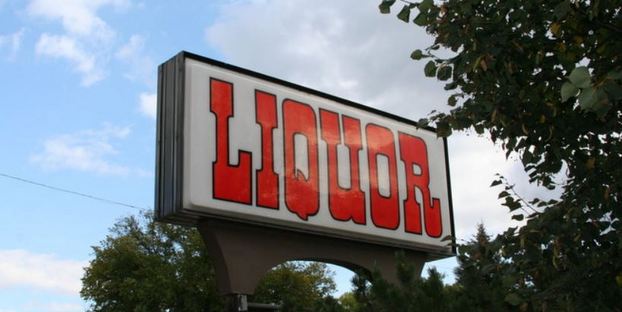
Can increasing the amount of locations where craft beer can be sold to the masses actually be detrimental to the success of certain smaller craft breweries? The answer would seem to be, “Uh, no?” but some Colorado craft brewers would argue otherwise.
Colorado is considering giving grocery stores the green light to sell high-gravity alcoholic beverages (right now the cap is 3.2 percent ABV). The state’s current system only allows for grocery chains to sell wine and liquor at one location in the state, leaving most of the market to independent liquor stores. This might be kind of surprising considering Colorado’s prominence in the craft beer scene, but it’s a system that’s obviously working for the state’s craft beer industry.
So again, we ask, wouldn’t more locations with shelf space increase opportunities? We turn to this great story from the Greeley Tribune, which turned to Skip Schwartz, owner of Wiley Roots Brewing, a local craft brewer, for his thoughts.
Schwartz’s distribution strategy in the current system is to hit the pavement, crack a beer with local retailers and earn his shelf space in these indie locations. If the proposed initiative passes, the concern is that the need for these liquor stores would go away, forcing them to close, and forcing someone like Schwartz to work with the larger regional grocery chains, which handle their business in a much different way.
Schwartz would need to start marketing to large grocery store chains, something he, and other craft brewers, don’t want to do. Instead of conducting business with his neighbors who know the local market, he’d pitch his product to corporate purchasing managers who might not even be in Colorado.
The argument here is that additional convenience does not mean additional choice, and in fact, could mean the exact opposite. Consider the changes in sales strategy and resources for a brewery like Wiley Roots, which until now has just needed Schwartz, his wife and one other sales rep to go on sales calls with liquor stores. Grocery stores add a layer of complexity and politics.
Grocery store companies often make decisions of what to stock for entire cities or regions, not individual stores. Erwin Hillmann, owner of Bijou Creek Winery in Greeley, said he once tried to get his product in one of the few supermarkets that could sell wine a few years ago. When he went into the local store to market his product, the manager laughed and said he had to take it to the corporate level.
To contend for shelf space in chain grocery stores, sellers would have to drive or fly to a store’s headquarters, which might not even be in Colorado. That would cost considerably more money. … Breweries that sell off-site rely on those relationships, plus a liquor store’s knowledge of the market, to sell their beer.
This proposed change doesn’t seem radical to outsiders because it mirrors what many other states in the country are already doing — many of which that also have thriving craft beer scenes — but fixing what ain’t broke can definitely lead to unintended consequences, which makes the perspective of those opposing the regulatory changes worth considering. What say you? Would the proposed changes end up helping or hurting the craft beer scene of Colorado?

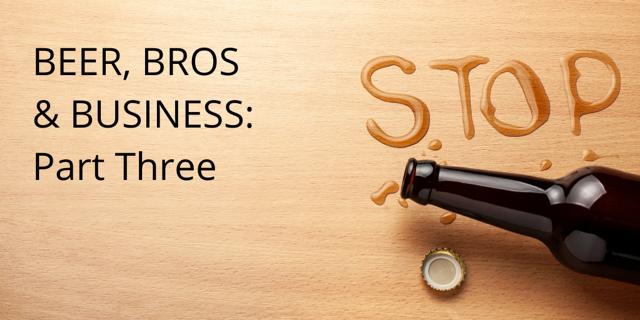
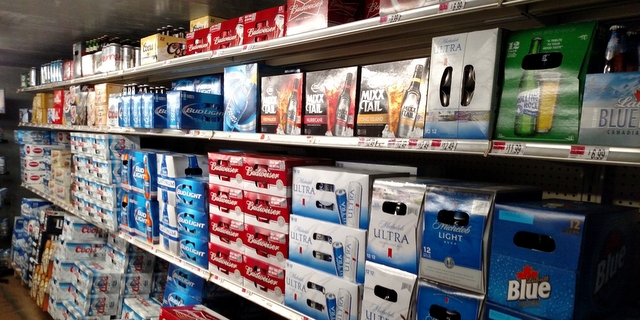
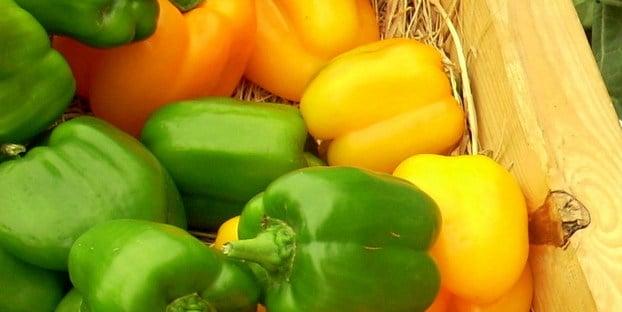
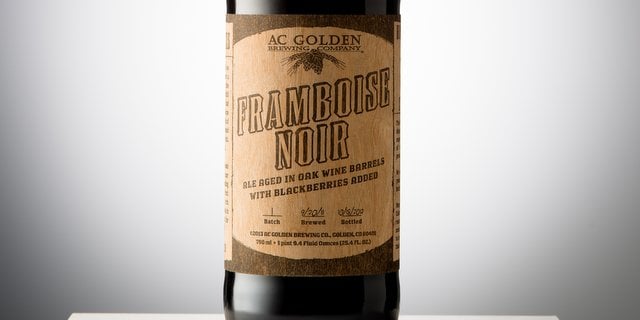
RW Clark liked this on Facebook.
Evan Bonsell liked this on Facebook.
Krones AG liked this on Facebook.
Should Colorado grocery stores be able to sell craft beer? Small breweries say, ‘No’ http://t.co/vQGzSplMY6
Talea Bloom liked this on Facebook.
Butcher, Brewer, & BBQ Supply liked this on Facebook.